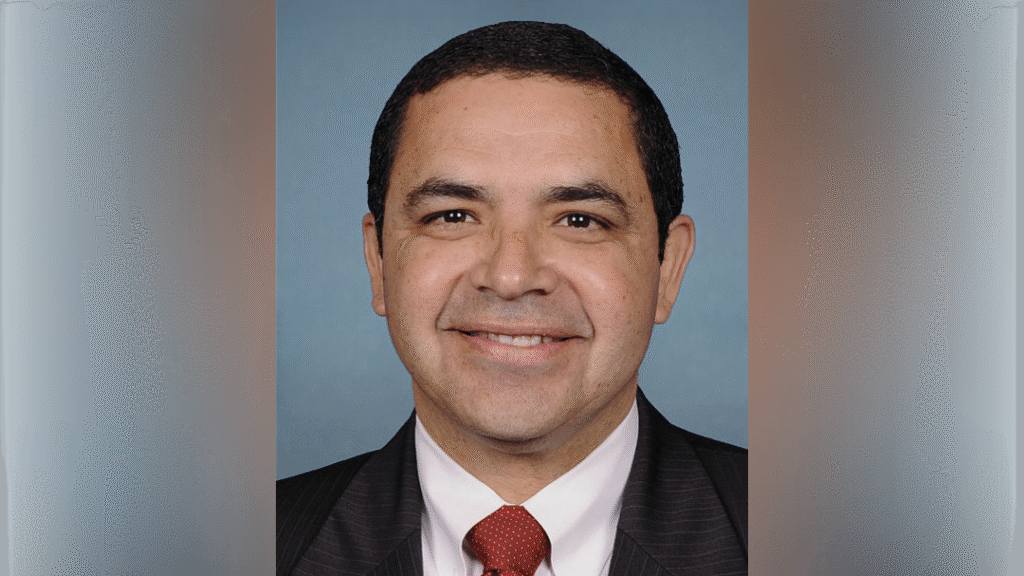The Cuellar case is a demonstration of how entrenched political dynasties in South Texas use power, money, and institutions to insulate themselves from accountability.
Congressman Henry Cuellar, indicted in 2024 for taking more than $600,000 in bribes from a Mexican bank and Azerbaijan’s state-owned oil company, is at the center of it.
But the pattern stretches across his family, his campaign, and the very elections that kept him in office.
WATCH: TEXAS Democrat INDICTED — STOLE Thousands from TAXPAYERS with SIBLINGS
Federal prosecutors have made clear that Cuellar and his wife profited directly from years of backroom arrangements that advanced foreign interests.
Imelda Cuellar pocketed over $100,000 in consulting fees tied to the same entities listed in the indictment.
At the same time, campaign filings show that the Cuellars benefited from ActBlue, a Democrat fundraising platform now under multiple investigations for foreign interference and donor fraud. In one cycle alone,
Cuellar’s campaign took in more than $110,000 through the platform. Congressional investigators later revealed that ActBlue weakened its fraud-prevention systems during the 2024 election, accepting donations from foreign IP addresses, prepaid credit cards, and networks traced to countries such as Brazil and Saudi Arabia.
A total of 1,900 suspicious transactions were flagged, including 237 that directly connected to foreign servers.
Meanwhile, Cuellar’s reelection in 2024 raised even more questions.
Republican challenger Jay Furman submitted over 80 sworn affidavits from voters who claimed his name was missing from their ballots.
Despite a court order mandating a forensic review, County Judge Tano Tijerina refused to comply.
Months later, Tijerina announced his own campaign for Congress, attempting to enter the very race he had shielded from scrutiny.
For voters in South Texas, it appeared as though court orders could be ignored and electoral oversight could be manipulated by those with the right political connections.
The misuse of institutions was not limited to elections. Cuellar’s siblings also benefited from the family’s reach.
Webb County Sheriff Martin Cuellar turned his office into an extension of the campaign, ordering deputies to spend county time and resources on fundraising, voter outreach, and logistical support for his brother’s reelection efforts.
Public safety was compromised so that a political dynasty could maintain its hold on power. Rosie Cuellar, another sibling, was awarded a municipal judgeship in 2022 in a town that had no courthouse, no calendar, and no cases.
She never presided over a single hearing, but taxpayers still funded her salary. The position existed only on paper, another example of public funds being converted into family income.
Through it all, Henry Cuellar remained on the ballot and won by five points in a district Donald Trump carried by seven.
The swing was extraordinary, but Democrats and most media outlets dismissed concerns about voter integrity. Only outlets willing to publish voter affidavits and court records raised alarms.
The Cuellars have controlled politics in South Texas since 1987, and every level of government reflects that dominance.
Law enforcement was diverted, judgeships were handed out as rewards, campaigns were financed with suspicious donations, and courts were ignored.
What should concern Americans is that none of this stopped Cuellar from staying in power.
Until legal barriers that shield entrenched families are removed, corruption will not just be tolerated—it will define the system.
Read the full article here


